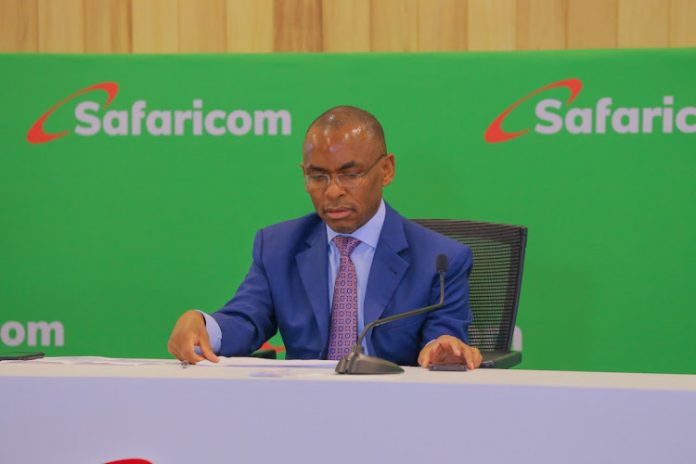This year, Safaricom hired 400 software developers as it sought to build the capacity necessary to manage its highly digitalized business, highlighting the need for tech talent even as international digital companies opened up shop in Nairobi.
Safaricom’s aggressive hiring of tech-savvy personnel is highlighted by the fact that the new hires represent 6.4% of the 6,230 permanent, temporary, and contracted employees the company had at the end of the previous year.
As the company transitions from a connectivity business to a technology company offering a wide range of IT-related services such as an e-commerce platform on the M-Pesa Super app, loans, wealth management, and savings and insurance, Safaricom CEO Peter Ndegwa stated that the company is growing its technical staff.
The company is now directly competing with international companies establishing in Nairobi, including Google, Microsoft, and Amazon, who are providing the tech community with better benefits, for tech talent.
“The technology side of the business is becoming bigger, the fintech side is becoming bigger we need people with skill so we have increased developers. We hired 400 new developers,” Mr Ndegwa said.
“When I came in people were saying you know agile [a push into technology] is going to reduce numbers. Actually, we have increased numbers. We have more than doubled the M-Pesa team but mostly bringing in people with a technology background, the developers, and putting them to the agile side under squads and tribes.”
As domestic and foreign businesses compete for the best talent in the nation, tech developers are in high demand in the industry.
The world’s largest tech company, Google, is investing in Nairobi to become the first product development hub for Africa as part of a Sh115.5 billion investment over the next five years.
Following the opening of Microsoft’s Sh3 billion office and labs for its premier engineering hub, the African Development Centre (ADC), after three years of operation in the country, Google’s new investment highlights Nairobi’s growth as a regional tech hub.
Amazon Web Services, a division of Amazon that offers on-demand cloud computing platforms, has also made plans to work with Safaricom to establish an AWS local zone in Kenya.
AWS Local Zones are a kind of infrastructure deployment that places select AWS services such as compute, storage, and databases close to densely populated areas and industrial hubs.
The non-profit organization that manages the domain name systems, the Internet Corporation for Assigned Names and Numbers (ICANN), also declared that it would establish two Root Server (IMRS) clusters, one of which would be in Kenya.
The establishment of Lipa na M-Pesa merchants’ businesses is aided by a network of over 42,000 independent developers, according to Safaricom, who also rely on in-house talent.
In order to have a larger pool of talent for the future, the telco, according to Mr. Ndegwa, wants to start hiring developers from educational institutions and is influencing the curriculum.
“We want to develop an ecosystem that allows that developer community to be vibrant. In fact we will be announcing soon that we are going to be partnering with other tech companies and universities to influence curriculum, certification of developers, and also internships so that we also develop talent for the industry in the same way lawyers and accountants are developed,” he said.



















